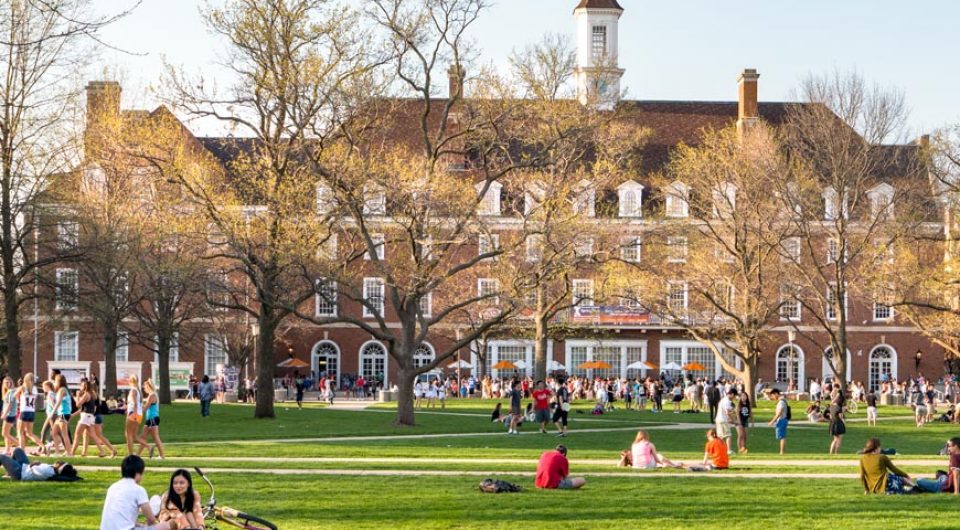
Partnering with Higher Education 101: How to Navigate Academia for Social Good
Join Kristin Medlin, Collaboratory’s Director of Research & Development, at the Points of Light Conference!
2020 has created unprecedented challenges for society. This new landscape requires new strategies and approaches to succeed, and new methods of collaboration and mutual support so that we can continue to collectively serve our communities. Colleges and universities are uniquely poised to offer immense resources (e.g., expertise, time, volunteers, funding) to organizations in the local community.
Over the last 50 years universities have strengthened their commitment to community engagement, self-identifying as anchor institutions or stewards of place. This suggests that they recognize and embrace their responsibility to serve, provide, and partner with both the public and private sectors. Many institutions have gone as far as to formalize recognition for community-engaged partnerships in promotion and tenure processes and provide faculty, staff, and students with the resources they need to establish mutually beneficial and reciprocal long-term relationships.
Despite this progress and increased support, developing community-university partnerships is not an easy task. Academia’s highly decentralized structure and jargonized language make it difficult to identify community-friendly access points, faculty or staff that might have the right expertise to be of assistance, or appropriate vehicles for working together (like volunteerism, internships, service-learning, or research).
So how do community organizations take the first step to working with universities? This workshop will provide an introduction to higher education’s organizational structure, and describe the spectrum of ways that communities and universities can work together – from one-time volunteerism, to curriculum-based high impact practices like service-learning, and from internships and project-based learning to research opportunities and longitudinal partnerships. We’ll help participants think through who to contact on campus and equip them with the language needed to code-switch effectively depending on the conversation or context.
